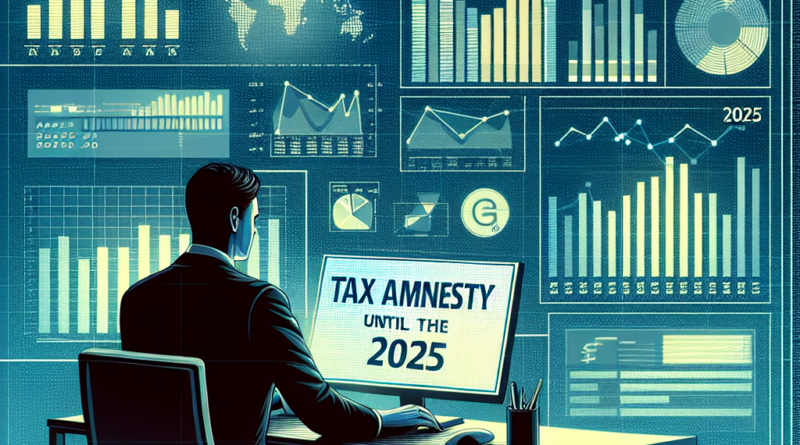“Will there be a 2025 Tax Amnesty for Violations up to 2018?”
Doubts Surrounding the 2025 Tax Amnesty Proposal
The recent proposal for a 2025 tax amnesty concerning unreported income has sparked significant concerns regarding its constitutionality.
Many are now questioning whether this amnesty will retroactively apply to tax liabilities dating back to 2018.
As discussions continue around the ongoing tax amnesty ‘Rottamazione Quater’, an amendment to rectify tax irregularities up to 2018 has emerged during the conversion phase of the Omnibus Decree.
However, this proposal seems to encounter constitutional challenges, posing an early threat to the potential implementation of the 2025 amnesty.
Details of the Proposed Amendment
The primary objective of current initiatives is to maximize taxpayer participation in the biennial preventive concordat scheme.
One avenue being explored is the proposed tax amnesty for unreported income spanning from 2018 to 2023.
This amnesty would allow participating taxpayers to evade tax audits for those years and rectify past oversights by paying a modest fee.
According to the amendment presented, taxpayers electing to join the biennial concordat by October 31, 2024, might be shielded from fiscal checks and could settle outstanding tax liabilities with a substitute tax based on their declared income increase, tailored to their fiscal reliability rating.
The amendment is backed by lawmakers Fausto Orsomarso (FdI), Massimo Garavaglia (Lega), and Dario Damiani (FI).
The proposal suggests a flat tax rate of 10% to 15% on a portion of the unreported income from 2018 to 2023, calculated based on the disparity between declared income and what should have been reported for a reliable ISA score.
Concerns over Constitutionality
Opposition parties have promptly raised concerns, particularly regarding perceived unequal treatment between VAT-registered taxpayers and regular employees.
Legal analysts have identified two critical issues that could impede the amnesty’s progress.
Firstly, EU regulations prohibit tax amnesties concerning VAT—an essential community tax.
Secondly, there are internal objections, as this represents a scenario where tax relief would apply only to a subset of taxpayers, specifically VAT holders, leading to unequal treatment.
Nonetheless, hope is not entirely lost for the 2025 amnesty, as the ruling majority claims to be actively working on addressing these concerns.
It’s anticipated that any potential tax revenues generated from this amnesty proposal may contribute to income tax cuts for individuals earning between €30,000 and €60,000.
Importantly, the decree needs to be enacted into law by October 8, 2024.




